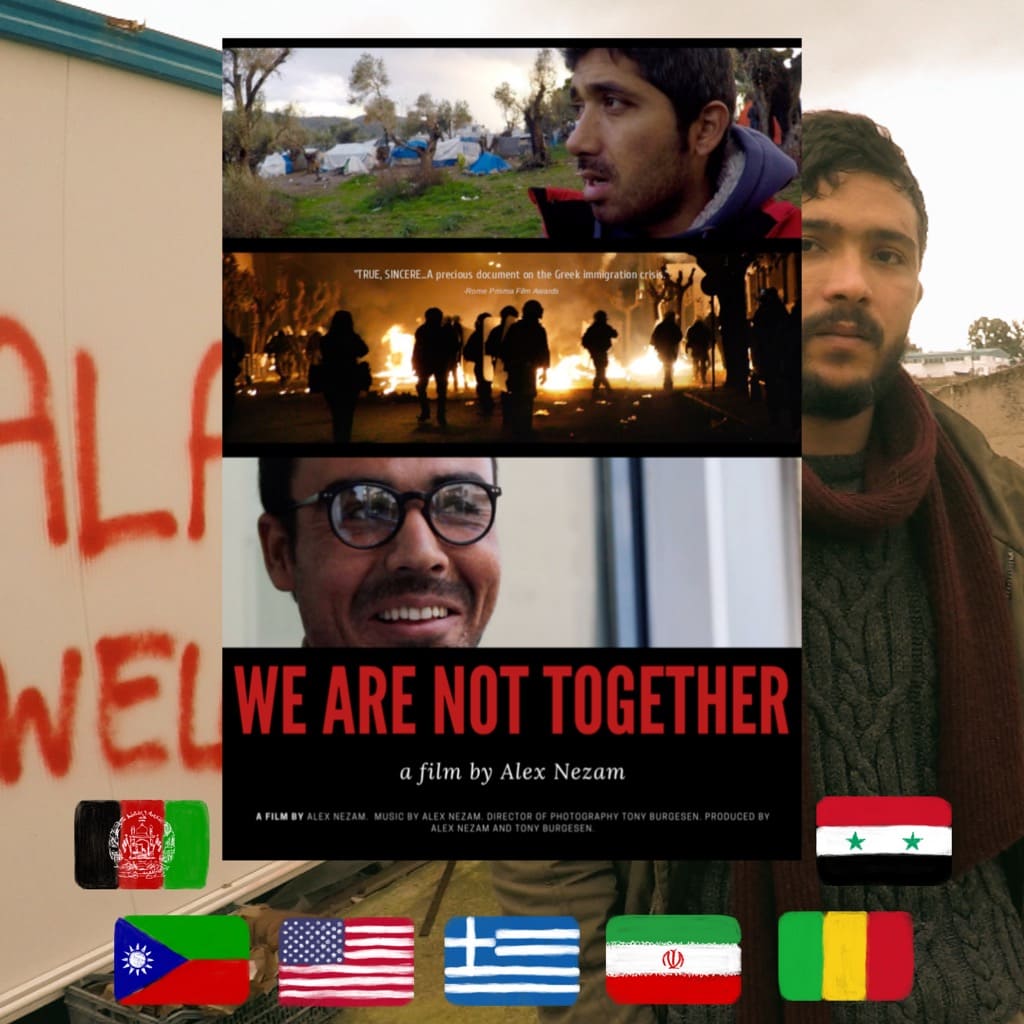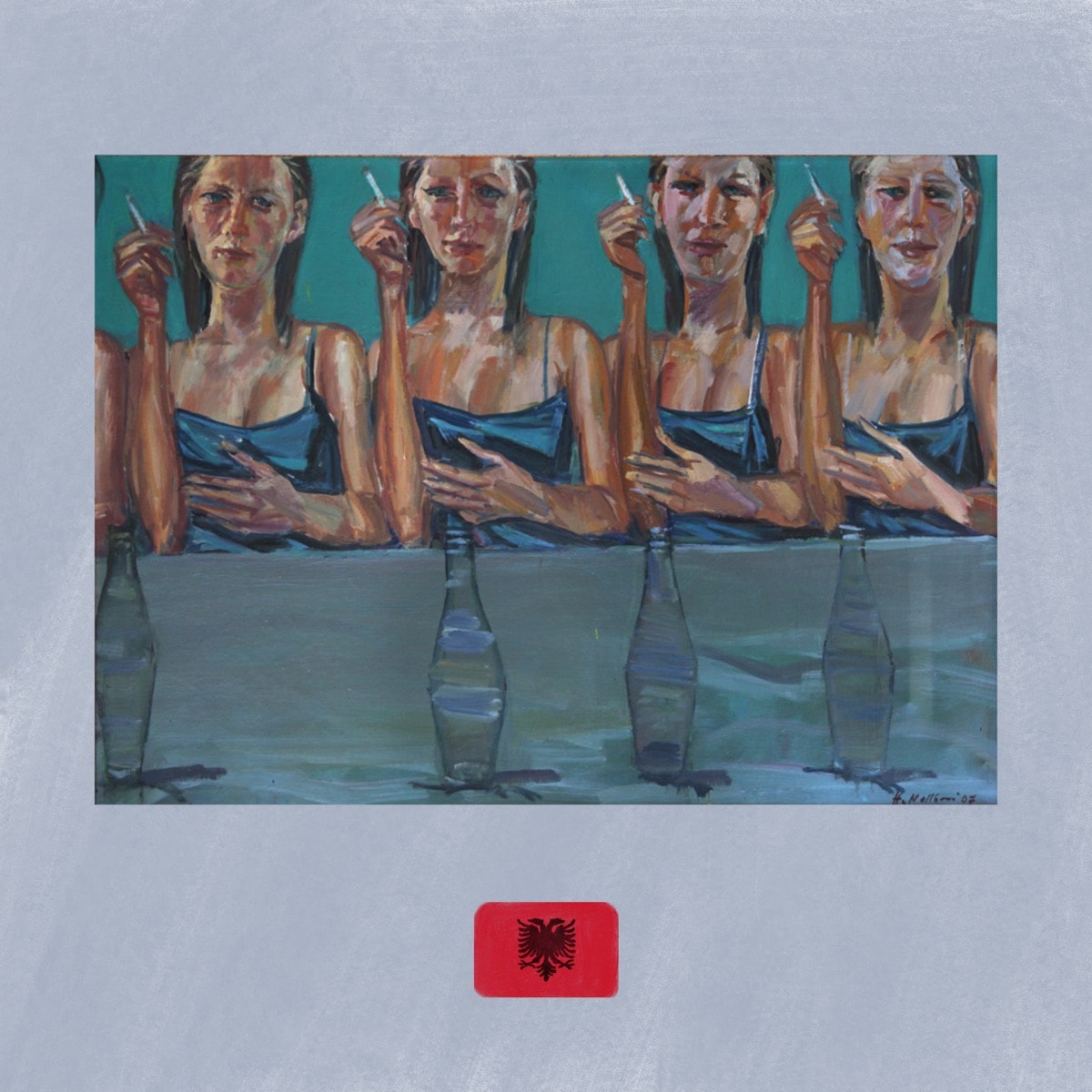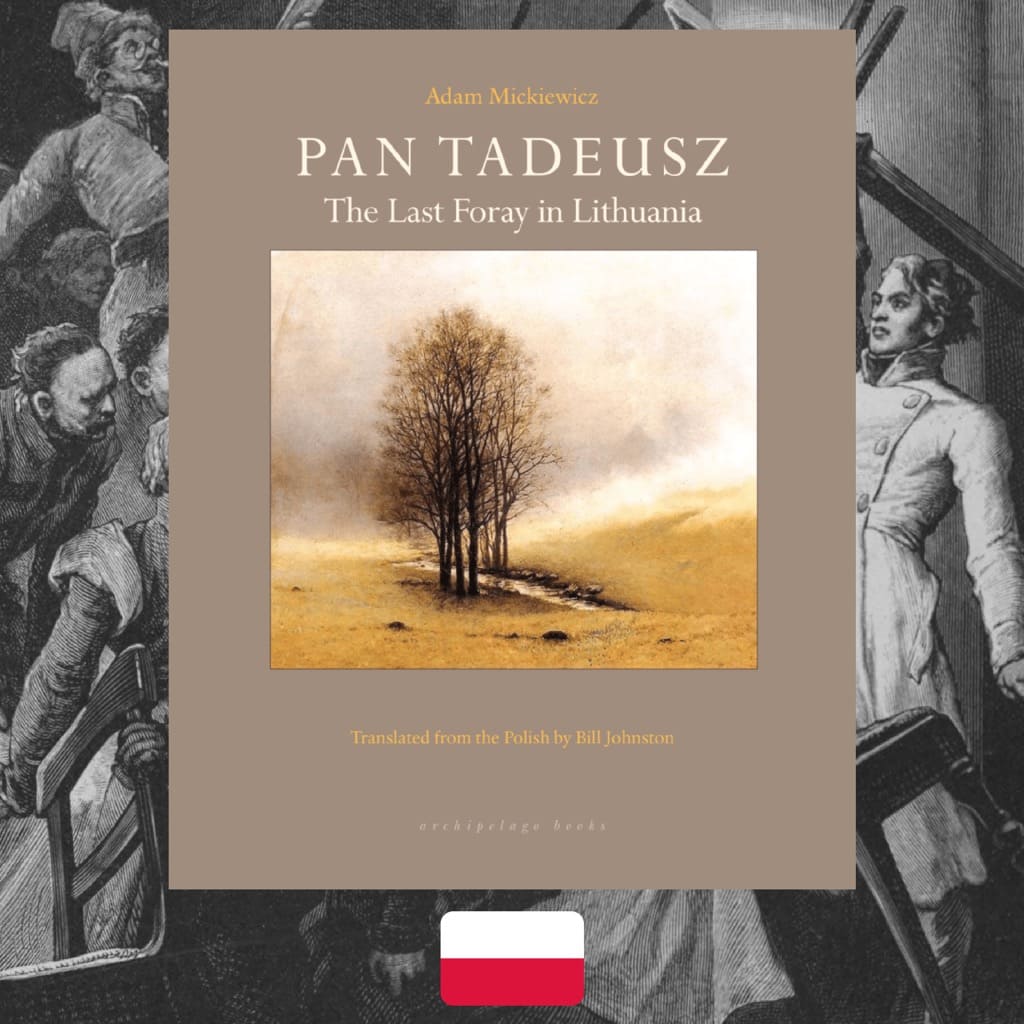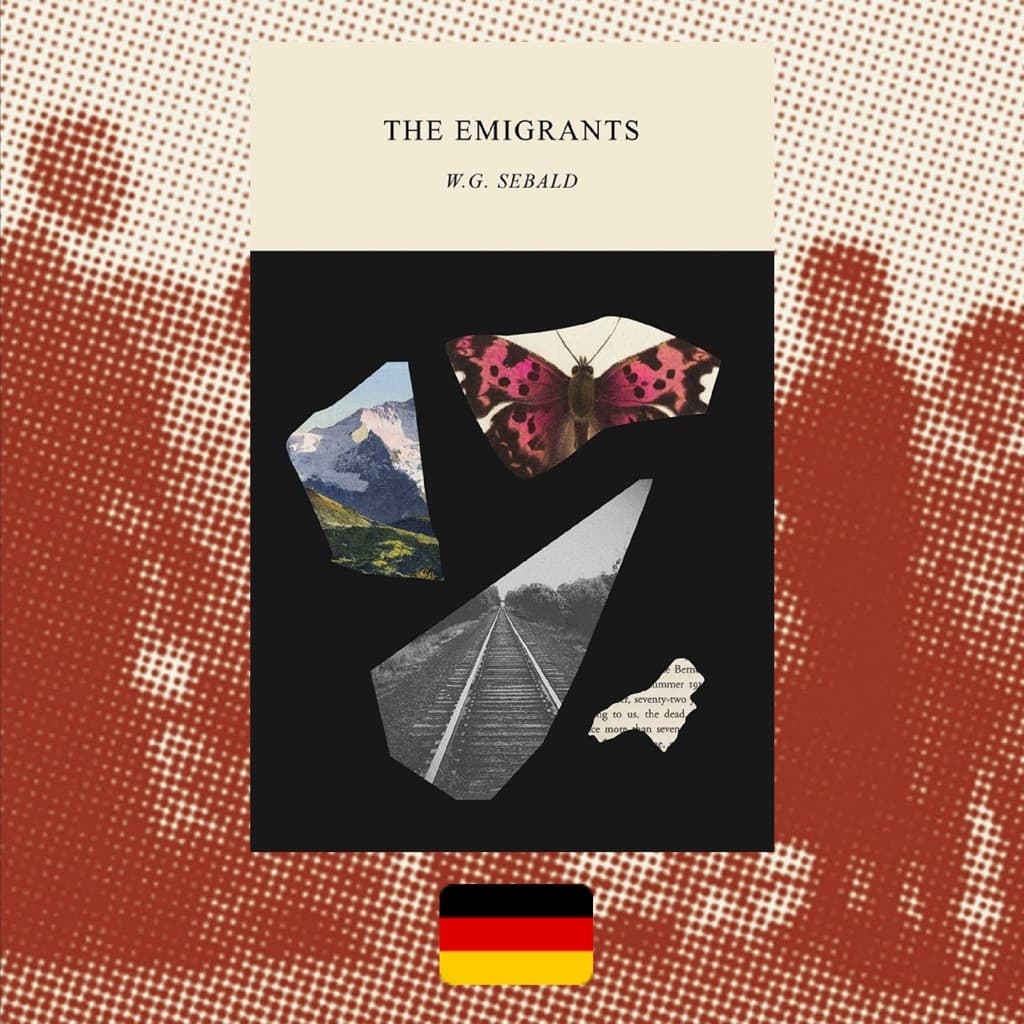An affecting documentary, where the marginalized citizens of Athens—refugees and Greeks alike—speak their minds about the power structures, divisions and injustice that they’re fighting against


FROM GREECE, UNITED STATES, AFGHANISTAN, BALOCHISTAN, IRAN, MALI, and SYRIA
WHAT IT’S ABOUT: “We Are Not Together” is a concise but complex look into the nitty-gritty of today’s Athens, where refugees and Athenians live and often fight the system side by side. At the center is a bunch of refugees from various countries in Asia and Africa, as well as a few Greek citizens; ex-refugees now engaged in aide activities; and foreign activists. They talk about the circumstances in the Lesbos refugee camp, Moria, and Exarcheia, the Athens neighborhood with a rich history of political activism that currently hosts a large community of migrants and refugees. In the city and country ravaged by human strife and inequality, those liminal voices join together as a choir, protest injustice, and demand their dignity to be returned to them.
WHO MADE IT: The film director, Alex Nezam, is an American who was initially a volunteer working with the refugees in Athens. Tired of the constant othering that he witnessed in the mainstream media coverage of the refugee crisis, he decided to dedicate his first documentary feature to them. And indeed, “We Are Not Together” gives refugees space to tell their stories in a low-key manner, to the empathic camera of the young cinematographer, Tony Burgesen. The protagonists are a diverse set of characters. Among those most striking is Arash Hampay, an Iranian refugee with inspiring moral clarity, who refuses to be content when his own situation starts getting better. The skeptical Junaid lays out a darker undertone, which directly counters the precious liberal glazing of refugee monologues. Mahmoud, a wannabe mathematician who is worried about his sick mother back home in Syria, and the entrepreneurial teenager Mohammed are also very memorable. As is the older Greek man, Tony, who describes the hardships that austerity brought to the Greeks using clear examples from his own family.
WHY DO WE CARE: Greece is one of the most interesting countries on the European continent in terms of how it reflects the global political trends, and bears the brunt of the world’s colliding systems. It’s still in shambles due to the austerity measures of the 2010s, and there are currently almost 80 thousand refugees in Greece alone, with many more arriving regularly. But how can the country’s government shelter them when it’s been failing to provide security to its own citizens? The Athens of today has a split personality, of two disparate, yet coexisting worlds. One of safe affluence and another of overreaching insecurity. It’s incredibly important to have them scrutinized, as a microcosm of the world today. “We Are Not Together” does just that, although, thankfully, it doesn’t waste the footage on the well-fed. It concentrates instead on those who need to be held up—and are actively holding up others. It’s a minimalist film without any frills but with a lot of humanity and integrity. The power of “We Are Not Together” lies in the fact that its production team has a lot of respect for the people it’s portraying. Be it an ex-refugee who labors to make sure the Moria residents are supplied, or a family who lives in a tent and cooks on a campfire—the film allows the subjects to shape the narrative with their presence.
WHY YOU NEED TO WATCH: Everyone is talking about the condition of the refugees, but very few allow the refugees to talk about it themselves. Dedicated to the “nameless and most vulnerable,” “We Are Not Together” gives the agency back to the displaced. The protagonists of the film are not made to present picture-perfect, affecting narratives of their suffering back home,—left unspoken, the pain remains palpable. Instead, they are allowed to reflect on whatever subject bothers them. The contexts are different for every one. Someone misses their family; someone is concerned with the unpredictability of their situation, someone else—with their inability to give back to society. But the reverberating refrain throughout all their musings is that ours is a very split world, where the liberal notions such as dignity and freedom remain buzzwords concealing privilege. “Humans pay for freedom, it’s expensive,” Hampay says when talking about his arrests and detention for civil rights activism. And it becomes remarkably clear that no one portrayed in the film,—be it the displaced, or the local Greeks,—are actually among the people who could ever afford to be free of the system. A system wrought with “unsustainable development,” as Chris, the Greek woman who prefers to be called “solidarian” instead of “volunteer”, brands it in her interview. And it’s unlikely that anything regarding inequality of income and/or citizenship will ever change.
At least, until the people on the other side of the spectrum stop being othered. Until they’re no longer forced into the frame of reference convenient, comfortable and inoffensive for anyone safe at home. “We Are Not Together” is a brilliant, searing study of what’s wrong with this world, and a practical exercise in how to avoid it: by letting the conversation be open. “We like to use the nice word ‘together’… but we are not together,” the Balochi refugee Junaid says, bitterly giving the film its title. And it’s true; we aren’t. But we should be.
We Are Not Together, 2019
Director: Alex Nezam
For more content like this sign up for our weekly newsletter
WATCH THE TRAILER















